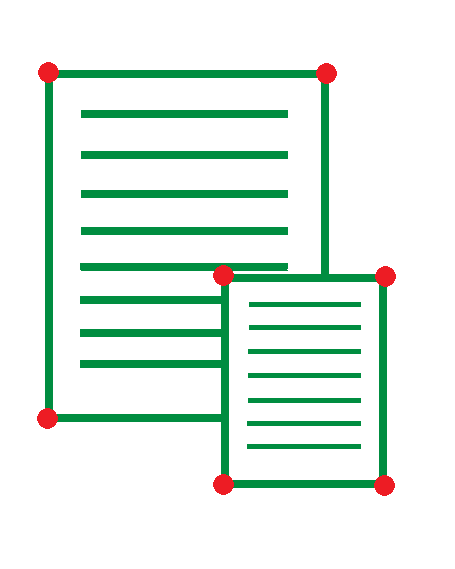About
LEGaTO project concludes with major contributions to energy efficiency in heterogeneous computing
LEGaTO work on a multi-module carrier is presented at the COM-HPC Academy
New blog post about undervolting techniques for embedded systems to improve energy-efficiency
Due to fundamental limitations of scaling at the atomic scale, coupled with heat density problems of packing an ever increasing number of transistors in a unit area, Moore’s Law has slowed down. Heterogeneity aims to solve the problems associated with the end of Moore’s Law by incorporating more specialized compute units in the system hardware and by utilizing the most efficient compute unit for each computation. However, while software-stack support for heterogeneity is relatively well developed for performance, for power- and energy-efficient computing it is severely lacking.
The primary ambition of the LEGaTO project is to address this challenge by starting with a Made-in-Europe mature software stack, and optimizing this stack to support energy-efficient computing on a commercial cutting-edge European-developed CPU–GPU–FPGA heterogeneous hardware substrate and FPGA-based Dataflow Engines (DFE), which will lead to an order of magnitude increase in energy efficiency.


